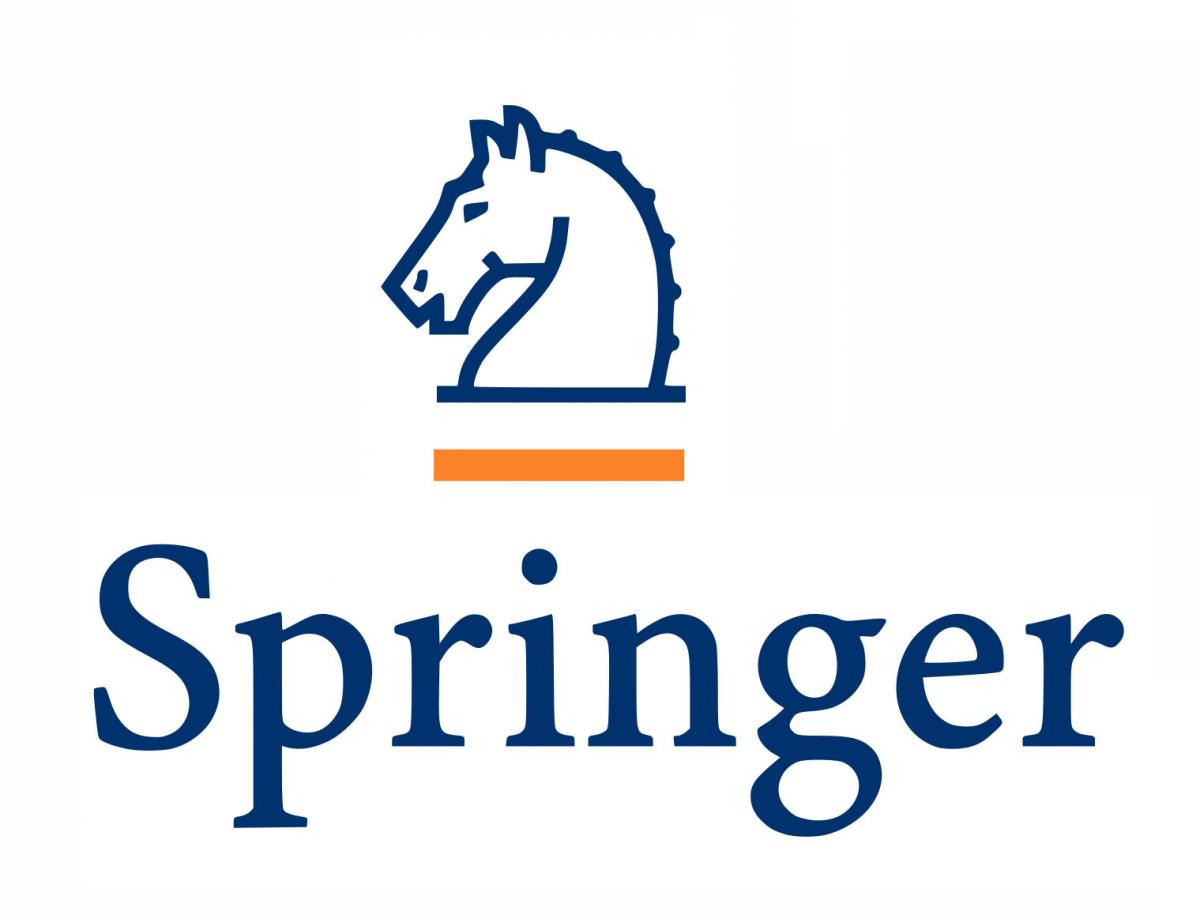Timothy Truster, University of Tennessee
Varun Gupta, Exxon-Mobil
Soheil Soghrati, The Ohio State University
Haim Waisman, Columbia University
To complement physics-based models, data science approaches are playing an increasingly important role in the design and evaluation of materials operating in harsh environments. The aim of this mini-symposium is to provide a forum for discussing the novel computational approaches that pertain to mechanics of materials. This mini-symposium seeks to bring together students, academicians and professionals working in the area of data science and materials engineering.
The topics covered include (but are not limited to):
- Physics-based and machine learning modeling combinations
- Data-driven approaches
- Damage modeling in materials
- Multiscale modeling: Strategies for representing the inherently multiscale nature of the problem covering different spatial or temporal scales
- Process-structure models: Part-scale and multiscale simulation of the manufacturing process for predicting surface topology and microstructure including defects
- Process-part optimization for design of structural parts/components
- Methods to accelerate failure modeling in solids such as adaptive remeshing techniques, specialized linear and nonlinear solvers, and reduced order models
- Structure based property prediction
- Modeling of advanced manufacturing or joining processes
- Modeling of novel material systems
- Advanced discretization methods such as enrichment and XFEM/GFEM methods, phase field methods and cohesive zone models
- Probabilistic methods in multiscale modeling











